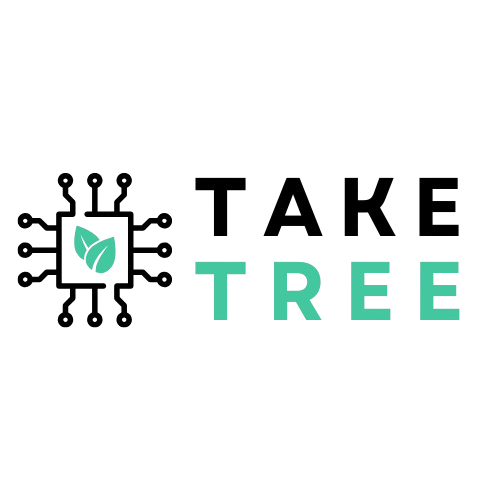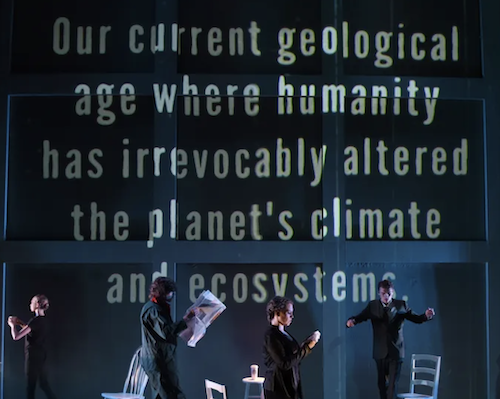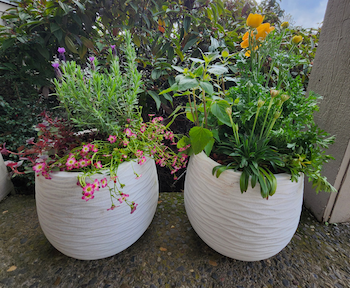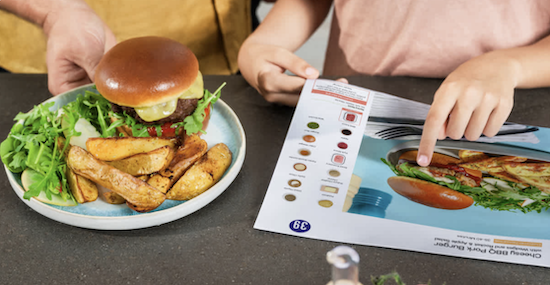She learned about the major environmental impact of fashion during her studies to earn a fashion certificate at the University of Washington in 2015, specifically how 85 % of textiles end up in landfills. She was also introduced to volunteer work to assist refugee women, who are currently at or near 60 % unemployment. She founded RAI in 2017 to address the issue of waste in the fashion industry while also offering refugee and immigrant women with antique skills training, entrepreneurship opportunities, and a friendly community.
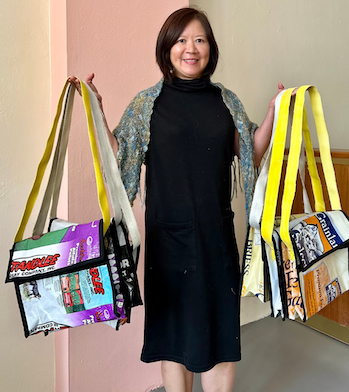
Women at RAI use discarded textiles to create creative, high-quality goods while earning an equal income. The initiative turns items like Starbucks ‘ burlap coffee sacks into pouches, baskets, and totes that highlight the world’s coffee’s origins. Plastic bags made of board vinyls become long-lasting, breathable, and promote recycling and environmental awareness. Outdoor Research converts outside gear materials from brands like Tommy Bahama into multi-functional coats that twice as sleeping bags for unhoused individuals, while deadstock fabrics from brands like Tommy Bahama are turned into home goods, table linens, and accessories.
Tung-Edelman asserts that” sewing is a common language.” It “unites women from a variety of backgrounds, empowering them with self-assurance, business acumen, and a sense of purpose.” Beyond just producing products, RAI’s mission extends. 37 women who are battling language barriers, childcare obligations, and transportation challenges are encouraged to pursue monetary independence through the project. RAI ensures that each artisan has the tools to succeed by providing at-home work and continued training. Also, the nonprofit saves over 15, 000 pounds of textiles from landfills every year.
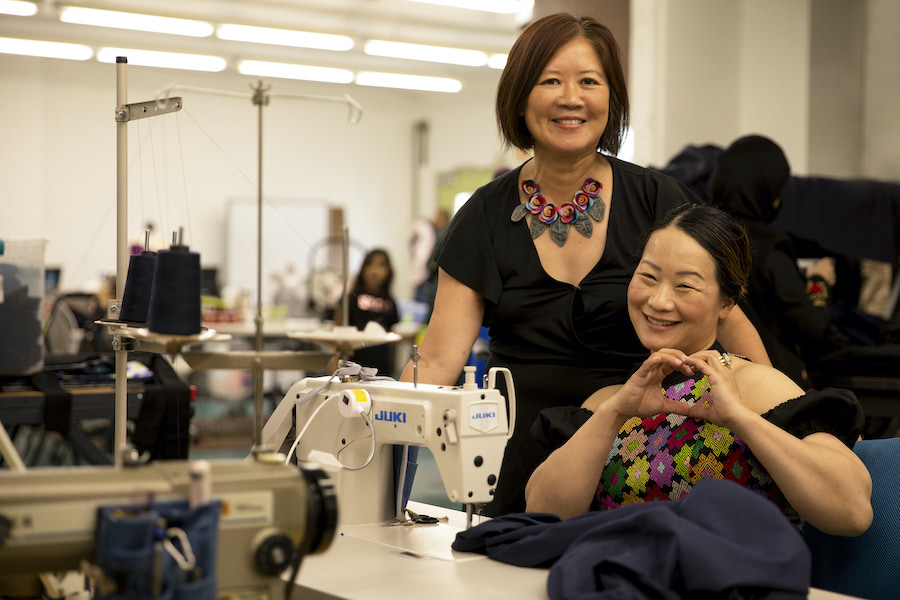
” I find it very exciting to watch newcomers to our nation, many of whom are fleeing social persecution, use their skills to become financially independent while having people enjoy our high-quality, recycled goods.” Refugee Artisan Initiative is also known as “RAY,” [because ] bringing a ray of sunshine to these women is my greatest reward,” Tung-Edelman said.
